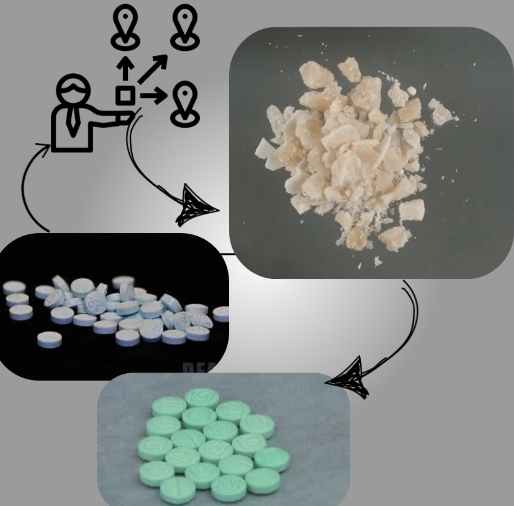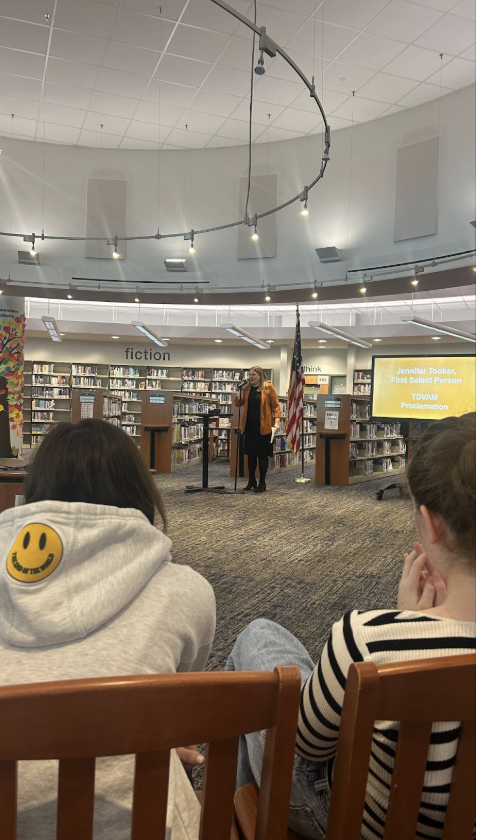
The United States Attorney for the District of Connecticut, Vanessa Roberts Avery, publicly announced on Oct. 1 that 28-year-old Bridgeport resident Jermel Bates has been sentenced to 84 months in federal prison for trafficking crack cocaine and fentanyl. U.S. District Judge Jeffrey A. Meyer imposed the sentence, which includes four years of supervised release after his jail term.
Just a few towns over, the Staples community is facing a drug that is up to 50 times stronger than heroin and its potency makes it extremely likely to cause overdoses, even in small amounts. It only takes a two-milligram dose, similar to five to seven grains of salt, to cause death for an average size adult. With counterfeit pills disguised as less harmful substances circulating, the state’s overdose rates could continue to climb.
Connecticut residents are slowly witnessing the integration of this drug within their communities. Between 2019 to 2022, deaths resulting from an overdose of cocaine increased by 73.5%.This fatally impacts youth and families who may not be aware of the drug’s presence in counterfeit pills or recreational substances. Just within the first quarter of 2024, there have been approximately 79 deaths related to fentanyl overdoses in Connecticut alone. This number indicates an increase in the average death rate per quarter since 2019, which was 70 people per quarter. There has been a harmful consistent trend impacting Connecticut.
Fentanyl’s reach continues to emerge into all areas, most likely growing its presence in the Westport community. With this in consideration, Connecticut has obtained a $15 million grant from the federal government to increase access to Narcan (naloxone) and use drug-strip testing to identify fentanyl in fake medications, among other overdose prevention strategies. This financing is a component of a larger federal campaign to decrease overdose deaths through prevention, treatment and harm reduction programs.
Additionally, Connecticut’s contribution is a component of a broader nationwide effort to combat the overdose crisis, in which the Biden administration has given states, territories and tribal countries more than $1.5 billion. The purpose of these grants is to increase access to recovery support programs, overdose reversal drugs and medication-assisted treatments.
Although Connecticut is using federal funds to increase prevention and recovery activities in response to the growing threat posed by fentanyl, local communities must be protected through ongoing awareness and action.













































